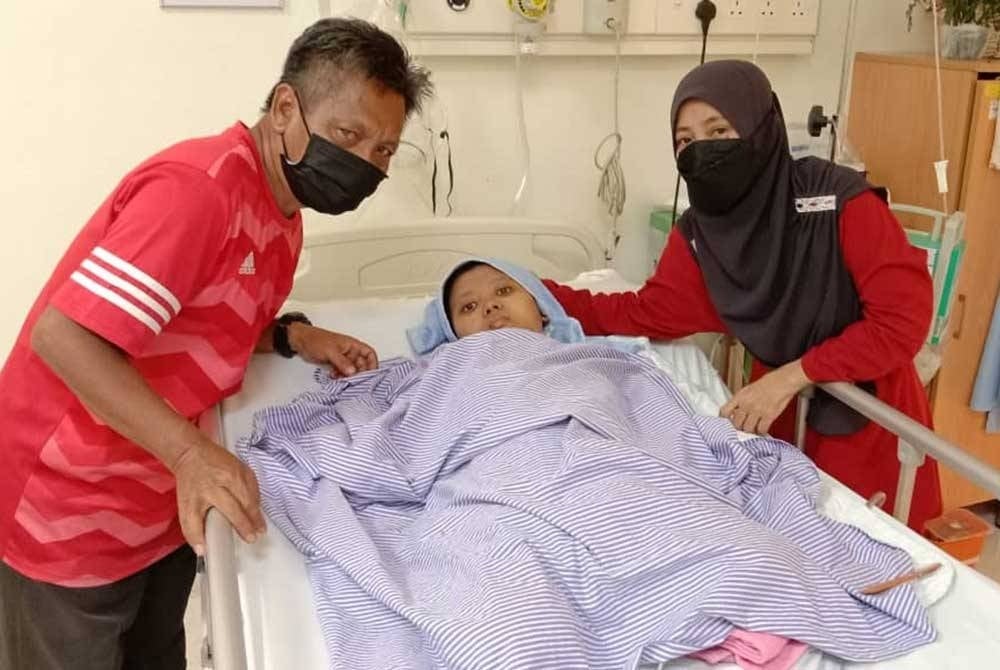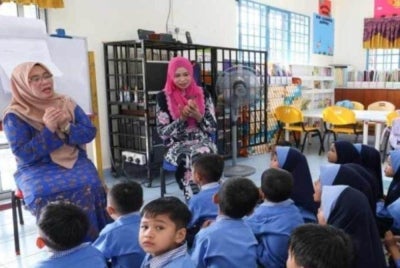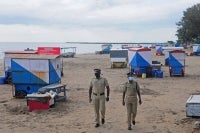Appendicitis can lead to complications, including limb amputation

SHAH ALAM – While appendicitis itself doesn't lead to the loss of arms and legs, severe complications can result from appendicitis, says a medical expert.
This reference is made in the case of Dayangku Siti Mashitah Awangku Sulaiman, 22, who fell into a coma for almost a month due to a bacterial infection resulting from an appendix-related complication.
She eventually woke up but lost both her arms and legs.
Speaking on this case, Proffessor Dr Sharifa Ezat Wan Puteh, a Public Health Medicine Specialist from the Faculty of Medicine at Universiti Kebangsaan Malaysia explained that infections can lead to blockages, inflammation, and swelling in the appendix.
Dr Sharifa cited that appendicitis is the inflammation of an organ called the appendix.
Symptoms may include nausea, fever, loss of appetite, constipation, or diarrhea.
Elevated body temperature along with right-sided abdominal pain are also common symptoms.
"While appendicitis can affect various age groups, it's relatively uncommon in children, although not impossible.
"The age group most susceptible is typically between 10 and 30 years old.
"The occurrence of appendicitis is often due to an obstruction within the appendix, typically caused by feces, foreign objects, or even cancerous growths," Dr Sharifa added.
She stressed that the standard treatment for nearly all cases of appendicitis is surgery, specifically an appendectomy.
In some cases, the presence of an abscess can lead to infection spreading to the peritoneum, resulting in peritonitis and septic emboli disseminating throughout the body, which poses additional risks.
"This can lead to peripheral gangrene (dry gangrene) affecting the limbs, a recognised complication that may require limb amputation for survivors of sepsis.
"Unfortunately, appendicitis lacks strong associations with many risk factors," she explained.
Dr Sharifa urged young individuals and adults displaying symptoms to consult the nearest medical professional for diagnosis and treatment promptly.
She also pointed out that many conditions can mimic appendicitis, including ectopic pregnancy, urinary infections, gallbladder stones, kidney stones, pancreatitis, gas, colic, ulcers, gastritis, Crohn's disease, and pelvic infections.
"In situations involving sepsis and potential limb amputations, strong social, familial, and financial support networks are crucial," she stressed.
She said that existing aid systems for individuals with disabilities often fall short, especially in terms of mobility support, when compared to more developed nations.
"Therefore, it's vital for victims not to face stigma and to receive enhanced support," she said.
Meanwhile, Dayangku's father, Awangku Sulaiman Awangku Hamid, 54, mentioned that he works as a fisherman and cannot afford the necessary facilities for his child.
He welcomed contributions, especially for counseling support and educational facilities for his daughter's studies.
Contributions can be made through Dayangku Siti Mashitah's mother, Samariah @ Lizah Binti Matnor's Bank Simpanan Nasional (BSN) account 1210041100144570 or by contacting them directly at 014-3271496.
Download Sinar Daily application.Click Here!















